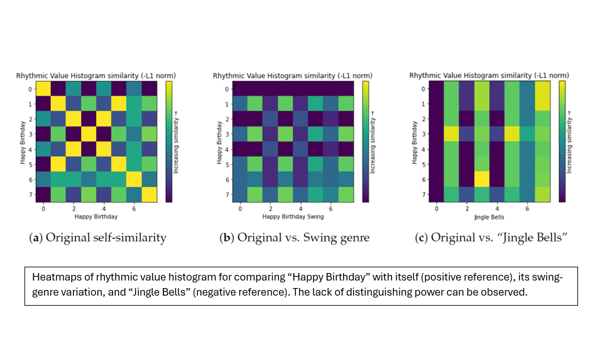19 Dec 2024
Researchers Present Work at the Astronomical Data Analysis Software and Systems Conference in Valletta
The conference provided a forum for scientists and programmers concerned with algorithms, software and software systems employed in the acquisition, reduction, analysis, and dissemination of astronomical data

View Of Valletta City. By Aapsky, Adobe Stock
Oxford e-Research Centre researchers Dr Ali Taqi and Dr Dan Wright attended the Astronomical Data Analysis Software and Systems (ADASS) conference last month.
The 2024 conference was held at the University of Malta in Valletta. The conference provided a forum for scientists and programmers concerned with algorithms, software and software systems employed in the acquisition, reduction, analysis, and dissemination of astronomical data. The programme aimed to foster communication between developers and users with a range of expertise in the production and use of software and systems. The programme included invited talks, contributed oral and display papers, tutorials, user group meetings and special interest group meetings.
Dr Ali Taqi and Dr Dan Wright work as researchers on the Square Kilometre Array project. The SKA Observatory (SKAO) is an organisation bringing together nations from around the world. Its mission is to build and operate cutting-edge radio telescopes to transform our understanding of the Universe and deliver benefits to society through global collaboration and innovation.
Ali Taqi presented research on Lowering in-memory footprint of antenna beams via polynomial approximation:
"With the emergence of new radio telescopes promising larger fields-of-view at lower observation frequencies, addressing direction-dependent effects (DDE) (e.g., direction-specific beam responses; sector-based ionosphere corruptions) has become even more important. Be it through A-projection or major-cycle calibration strategies, addressing DDE often requires reliable representations of antenna/station beams; yet these require significant amounts of computational memory as they are baseline-, frequency-, time- and polarisation-dependent. A novel prototype is reported here to approximate antenna beams suitable to SKA-MID using Zernike polynomials. It is shown that, beam kernels can be approximated up to 3 lobes with sufficiently few coefficients, thereby replacing the memory-intensive sampled beams. It is hoped that these results facilitate more efficient beam-dependent solutions and approaches to tackling polarisation leakage; all of which are essential for large-scale radio telescopes."
Find further information and a copy of Ali’s presentation here
Dan Wright presented on Distribution of the Högbom CLEAN Algorithm Using Tiled Images with Feedback:
"Data sizes for next generation radio telescopes, such as the Square Kilometre Array (SKA), are far above that of their predecessors. The CLEAN algorithm was originally developed by Högbom in 1974, long before such data sizes were thought possible and is still the most popular tool used for deconvolution in interferometric imaging. To facilitate these new large data sizes and reduce computation time a distributed approach to the algorithm has been investigated. The serial nature of the CLEAN algorithm, due to its matching pursuit design, makes this challenging. Splitting the image into a number of tiles which can be individually deconvolved has been investigated, but this creates discontinuities in the deconvolved image and makes it difficult to deconvolve faint sources in the presence of a point spread function associated with bright sources in other tiles. A method of feedback between each of the tiles has been developed to deal with these problems. This new approach has been tested on a simulated dataset containing multiple point sources of known intensity. When compared to a standard Högbom deconvolution the tiled feedback version produced a reconstructed image, containing sources up to 2.1 Jy, which agreed to between 0.1 Jy and +0.04 Jy of the standard method across the whole deconvolved image."
The annual ADASS Conference has recently been held at venues such as Tucson, USA; Victoria, Canada; and Cape Town, South Africa. In 2025 the conference will be held in Goerlitz, Germany.
Find out more
- ADASS XXIV conference website
- ADASS Conference Series page showing general information about the conference series and details of past editions and venues




